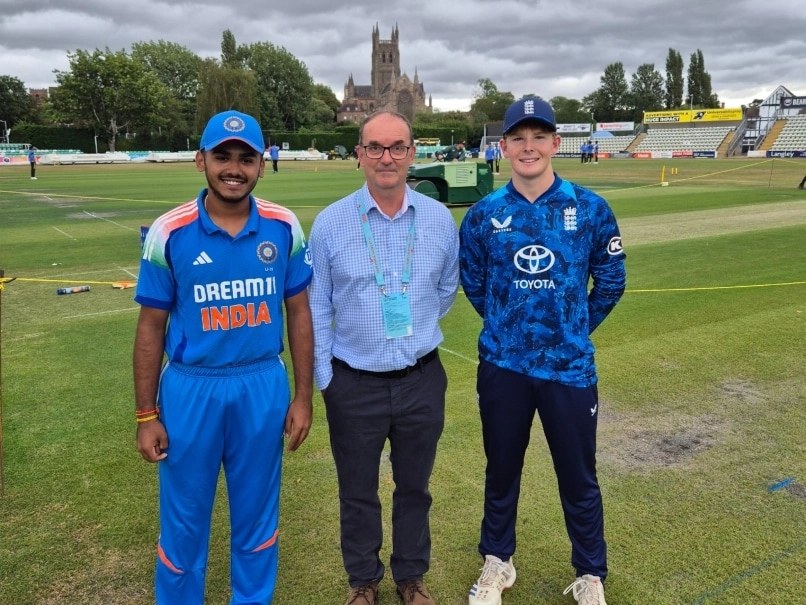In a recent turn of events in the cricketing world, ICC match referee Andy Pycroft has issued an apology to Pakistan’s captain, Salman Ali Agha, following an incident that stemmed from what Pycroft described as a “miscommunication.” This incident occurred during a match when Agha felt that there had been a misunderstanding regarding certain on-field decisions, leading to an escalation of tensions. Pycroft’s acknowledgment of the situation highlights the importance of clear communication in sports, where split-second decisions can significantly impact the game’s flow and the players’ emotions.
The International Cricket Council (ICC), after reviewing the incident, has declared Andy Pycroft “not guilty” of any wrongdoing. This decision indicates that while there may have been a miscommunication, it did not rise to the level of an offense that warranted disciplinary action. The ICC’s ruling allows both parties to move forward positively, emphasizing the need for cooperation and understanding within the sport. Miscommunications can occur, especially in high-stakes environments like international cricket, where the pressure is immense and emotions often run high.
Captain Salman Ali Agha expressed his appreciation for Pycroft’s apology, recognizing that such incidents can happen in the fast-paced environment of competitive sports. Agha reiterated the necessity for mutual respect and understanding among players, officials, and referees to ensure that the spirit of the game is upheld. This incident serves as a reminder of the human element involved in sports, where mistakes can occur but can also lead to opportunities for dialogue and improved relationships moving forward.
As the cricketing community reflects on this incident, it underscores the vital role of communication in maintaining the integrity of the game. The ICC’s approach in addressing the matter demonstrates their commitment to fostering an environment where players and officials can engage constructively, thus enhancing the overall experience for everyone involved in the sport. Ultimately, it is through such experiences that cricket can continue to grow and evolve, promoting a culture of understanding and respect among all stakeholders.




